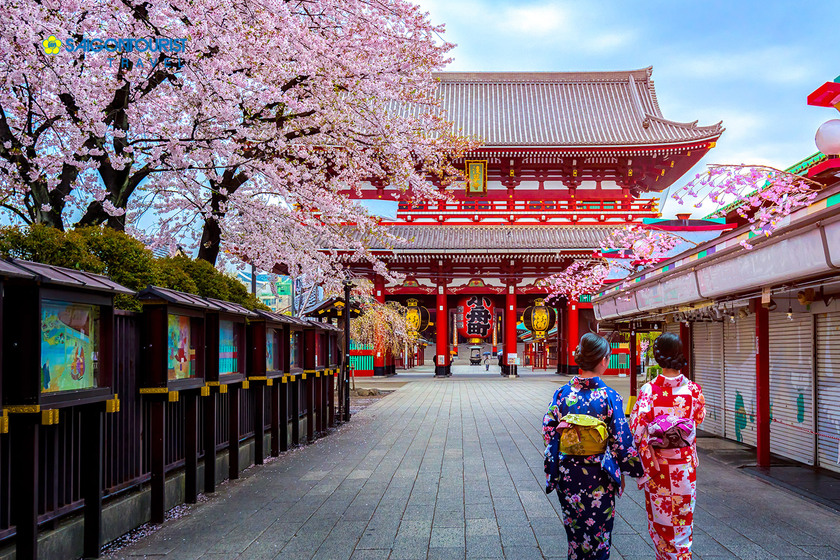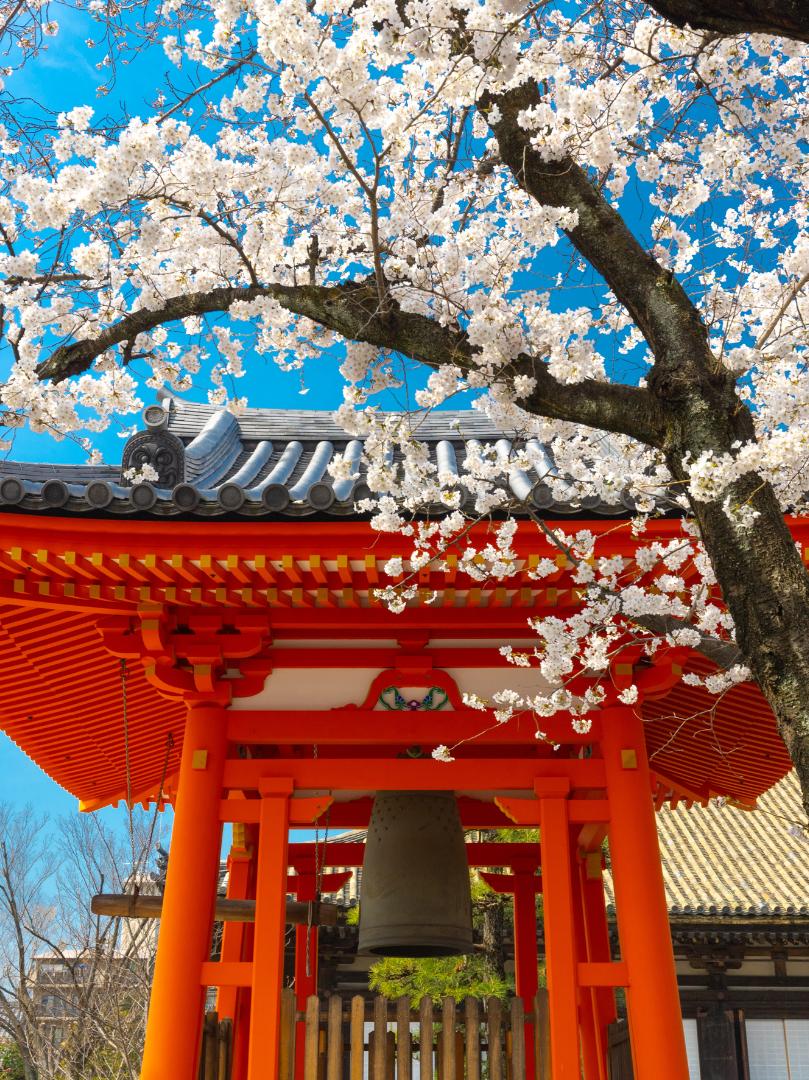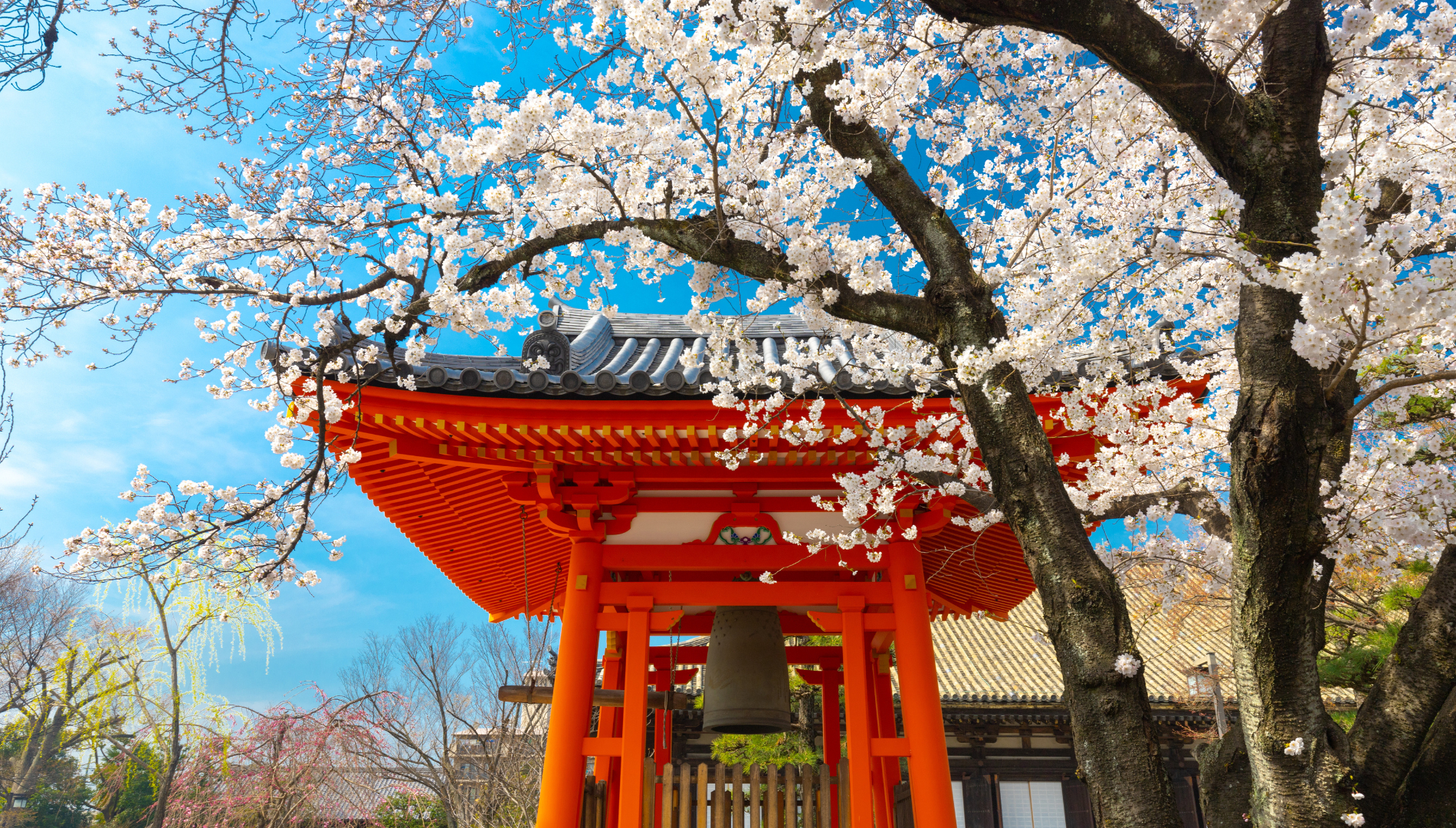In Japan, the residence tax is an unregulated tax imposed by local governments, and its implementation requires the approval of the Minister of Internal Affairs and Communications. Currently, 12 local governments have implemented or plan to implement it, and more than 30 are considering it, including Sapporo City and Okinawa Prefecture.
The "tourism overload" is affecting the lives of local people and has become a serious problem, so authorities are urgently securing funding to cover the costs of countermeasures.
With the rapid increase in tourist numbers, in addition to promoting tourism, ensuring safety is also a key issue for Japan. According to the Japan National Tourism Organization (JNTO), the number of tourists visiting Japan in May 2024 was 3,040,100, surpassing the 3 million mark for the third consecutive month.

The residence tax in Japan is expected to be a significant source of revenue to support local governments.
In a survey of tourists conducted by Recruit, approximately 70% of local governments and Tourism Development Organizations (DMOs) considered receiving tourists a problem. Accommodation taxes are expected to be a significant source of revenue and will vary by locality, but are typically 1-3% of the accommodation cost per person per night.
Currently, Kyoto City charges a tax of 200–1,000 yen (US$1.25–US$6.26) depending on accommodation costs. The city's tax revenue for fiscal year 2024 is projected to reach approximately 4.8 billion yen, about 600 million yen higher than fiscal year 2019, before the COVID-19 outbreak. This money will be allocated to constructing a new tourist express bus line, scheduled to begin operation in June as a measure to alleviate congestion, and to maintain Kyoto Station. Due to the expected continued increase in tourist numbers, the government is also considering raising the accommodation tax.
Some local governments are focusing on attracting business travelers and boosting the tourism industry. Fukuoka City collects a total of 200 yen per visitor, including a 50 yen prefectural tax, for a one-night stay under 20,000 yen. Tax revenue for fiscal year 2023 is projected at 2.59 billion yen and will be used to attract international events and conferences.
However, collecting accommodation taxes still faces some challenges. According to Maki Yamashita, head of research at the JTB Research Institute, some accommodation operators have expressed concerns that the number of tourists will decrease, while prefectures and cities may also struggle to coordinate the necessary revenue. Therefore, according to Mr. Yamashita, the government should compile guidelines related to the concept of accommodation tax.

 VI
VI EN
EN



































